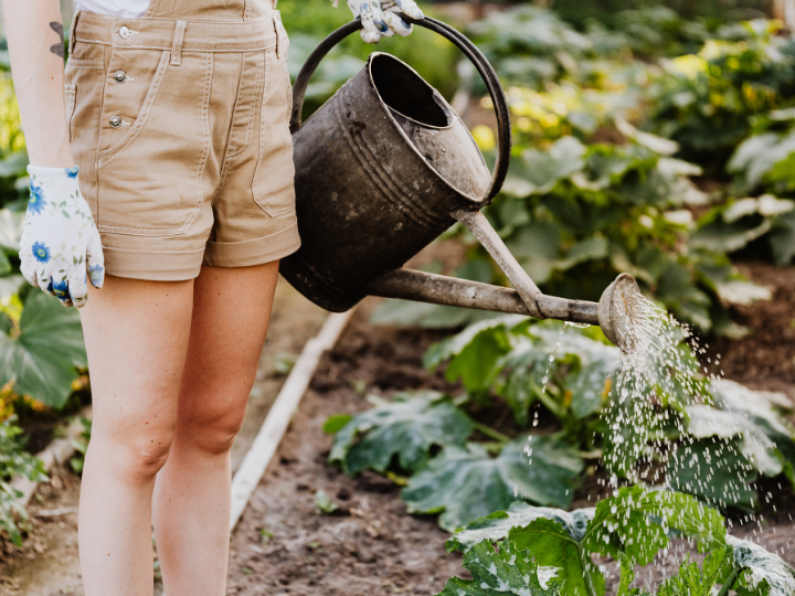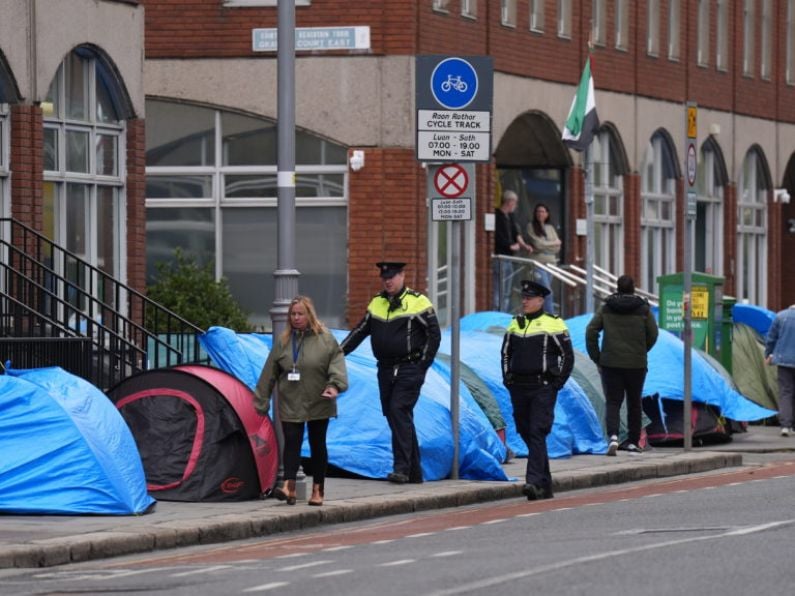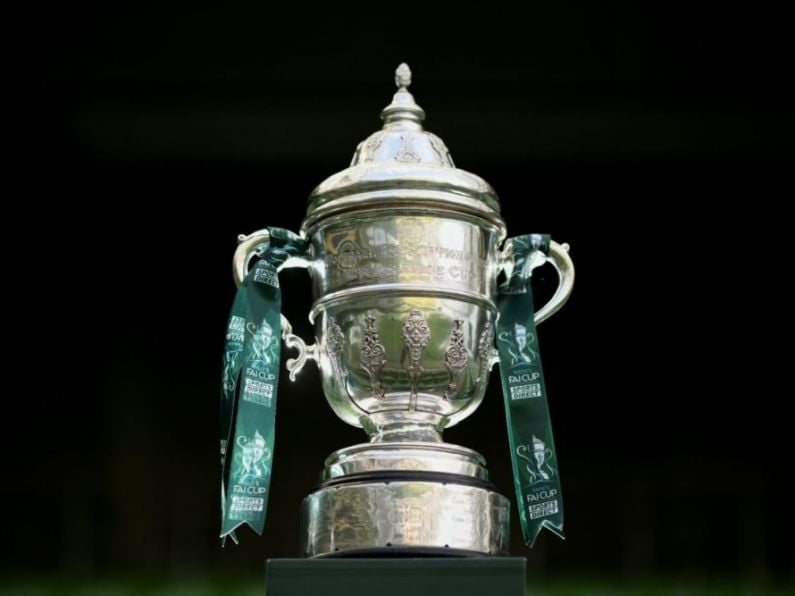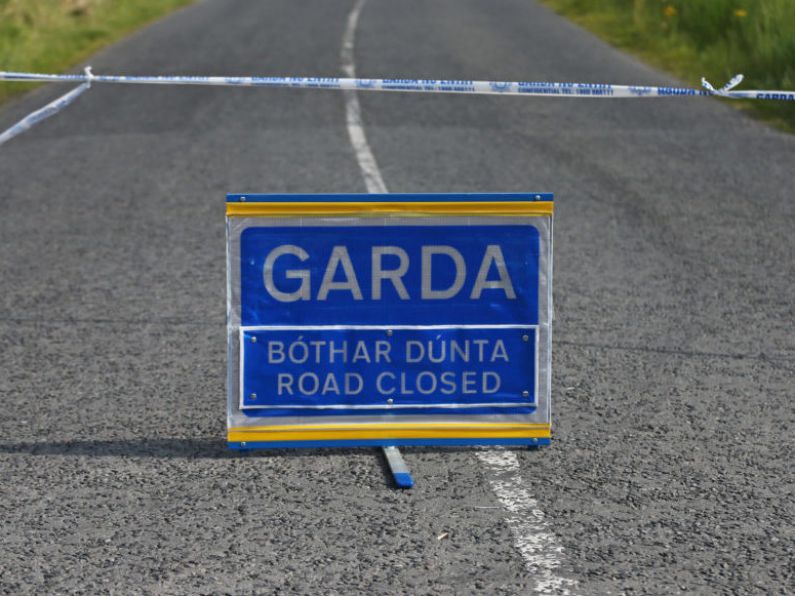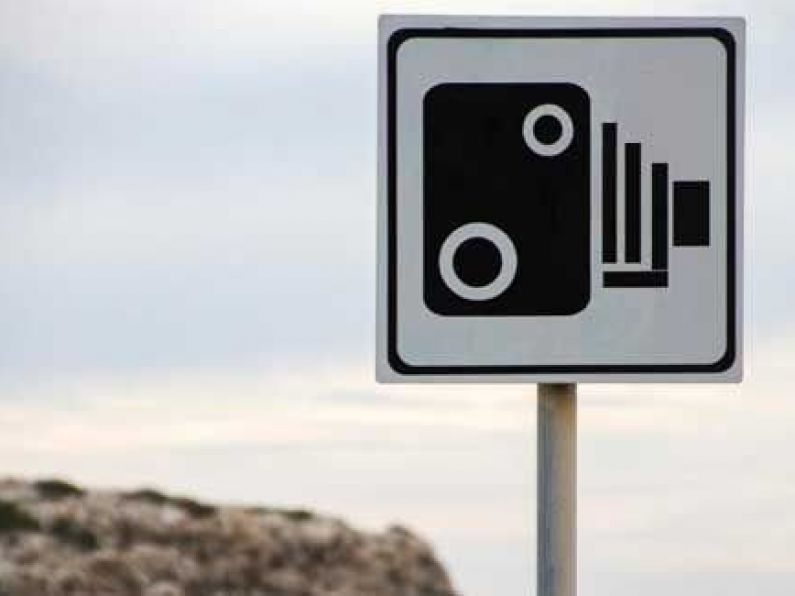Yes, you read that correctly.
Did you know you don't have to let your menstrual blood go to waste?
If you collect your period blood, using a reusable container such as a Mooncup, you can actually re-use this menstrual waste to nourish the plants in your garden.
According to Alexandra d'Amour, founder of On Our Moon, period blood fertilizer really does work. "I stopped doing it for two months, (for no particular reason just busy etc) and our banana leaf started to wither. I dumped my cup in the soil following the bleeding phase, and the next day I noticed a big difference in how it was standing."
Advertisement
View this post on Instagram
So why does menstrual blood benefit plants? According to menstrual wellness brand De Lune, menstrual blood contains three nutrients that are important to both human and plant metabolisms;nitrogen, phosphorous and potassium. In fact, many plant fertilisers already contain blood, albeit not from humans. Blood meal, or dried animal blood, is made from slaughterhouse waste and is often used in plant fertilisers.
It is worth noting, however that using menstrual blood as a fertiliser does come with risks. Firstly, the blood should be watered down to flush out some of the salt content. A high concentration of salt in the soil would actually hamper rather than promote plant growth.
Secondly, menstrual blood is a human waste product, and as such, it can be a bio-hazard. Dr. Amy Heffernan, Organic Chemist, told ABC News Australia that all blood waste should be treated as hazardous as it can can potentially carry blood-borne pathogens, such as HIV, and Hepatitis B and C. Menstrual blood will also contain bacteria, and while these bacteria form part of a healthy vaginal and cervical microbiome, once they leave the body they can multiply, and develop potentially dangerous microbiomes in your home.
Lastly, the volume and composition of menstrual blood will vary from woman to woman, so you can never be entirely sure how much nourishment your menstrual waste can provide. Best advice is to simply proceed with caution, and don't rely on your period blood to get that garden growing-it simply won't work as well as a purpose built, store bought fertiliser.
Even though half the population menstruate, periods still carry a stigma. If you're interested in breaking period taboos, try our Beat Original Podcast: Breaking the Period Taboo: Women in Sport.
